As we manage through the era of knowledge, quantum computing appears as a transformative technology, positioned to change various sectors. Unlike conventional computers,, which depend on binary bits, quantum computers use quantum bits or qubits, allowing them to address complicated issues at unmatched speeds. This article explores the limitations of classical computing, the outcomes of, non-action, and the significant capability of quantum computing.

The Limitations of Conventional Computing
Difficulties in Processing Complicated Information
Conventional computing has greatly improved our ability to process information, however, it has restrictions that become apparent in particular applications. One essential sector is drug exploration, which, normally needs over ten years and can expense more than $2.6 billion. This process includes modeling complex molecular reactions, a task that expands significantly as the size of the molecules increases. Conventional computers commonly depend on estimates that may not produce correct results, delaying the advancement of essential drugs. Similarly, in the area of economic improvement, portfolio administration needs to assess various potential resource arrangements to increase profits while reducing threats. This is specifically challenging in unstable markets, where conventional procedures can require significant duration to examine situations. The deficiencies in these procedures can cause lost funding opportunities or inefficient decision-making.
Practical consequences
The limitations of conventional computing are not simply academic;; they have concrete consequences. In health services, postponed drug exploration can extend individual suffering and increase health services expenses. The WHO approximates that 2.5 million losses yearly might be linked to diseases that might have been handled more successfully with faster drug advancement. In the economic field, the deficiencies essential in conventional computing can cause companies to diminish competitive business or experience unnecessary damage. As industries continue to struggle with these difficulties, the importance of scientific improvement transforms progressively clear.
The Data Explosion
Furthermore, we are dealing with an unparalleled data explosion. According to IDC, worldwide data creation is predicted to arrive at 175 zettabytes within 2025. This rise in data creation demands new computing models, as conventional computers will struggle to maintain speed with the requirements for quickness and effectiveness.
Cybersecurity Threats
In the cybersecurity domain, confidence in conventional computing for encoding presents considerable threats. Current encoding techniques, such as RSA, depend on the difficulty of specific numeric problems. However, as quantum computing advances, there are fears that these encoding techniques might be simply compromised, revealing companies to data breaks and stealing
Understanding Quantum Computing
Quantum computing provides an encouraging answer to the above-discussed challenges. By utilizing the concepts of quantum physics, it can manage data in ways that conventional computers cannot. Here are several basic principles that support this technology:
Superposition: A qubit can occur in several conditions simultaneously, enabling quantum computers to examine many answers together.
Interconnection: Qubits can be interconnected, allowing the condition of, a single qubit to affect another, irrespective of distance. This feature can significantly speed up troubleshooting.
Quantum Interference: Quantum procedures can control the chances of qubit states to improve the probability of accurate responses while reducing false ones, hence enhancing correctness.
These principles enable quantum computers to execute computations at speeds that are presently unimaginable with traditional systems.
Practical Utilization of Quantum Computing
Quantum Computing in Drug Identification
One of the most attractive utilizations of quantum computing is in drug identification. In collective research released in 2020, Google and the biotech firm D-Wave displayed how quantum computing can model atomic structures more effectively than conventional techniques. They targeted the hydrogen molecule and revealed that a quantum computing device could calculate its power conditions in seconds, an activity that conventional computers would consume hours or in fact days to finish.
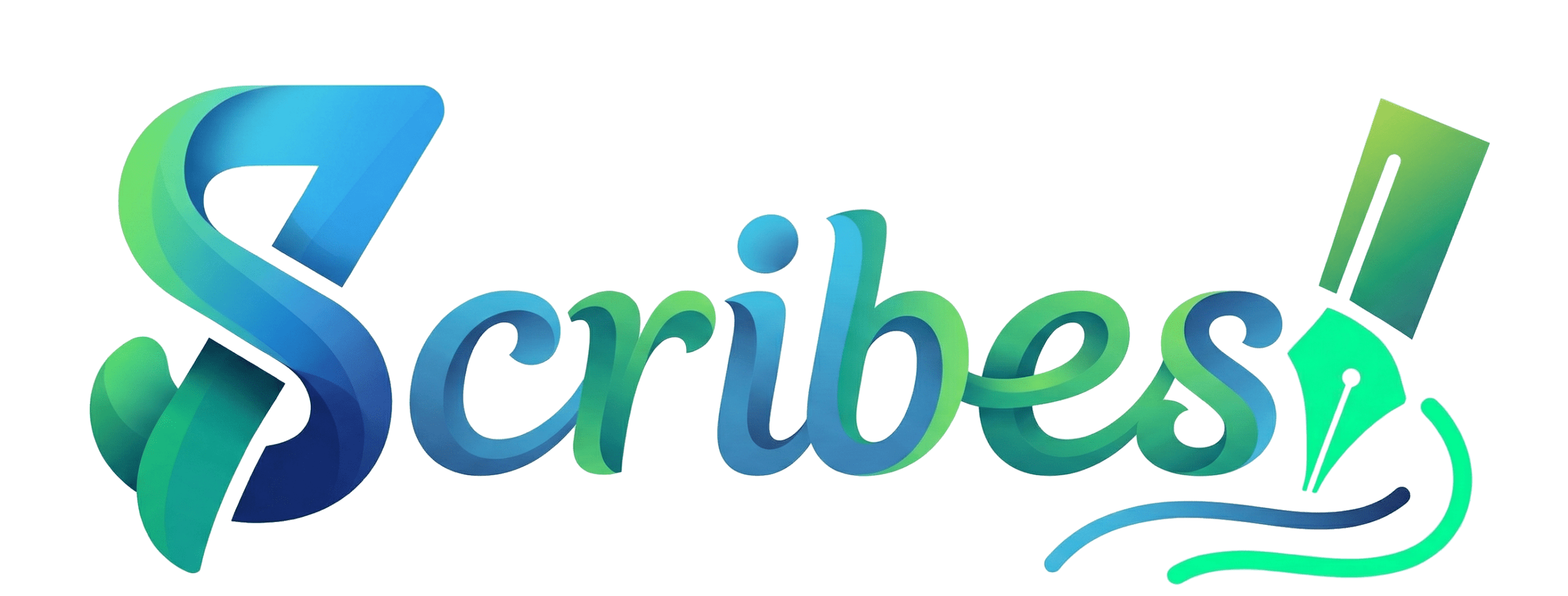
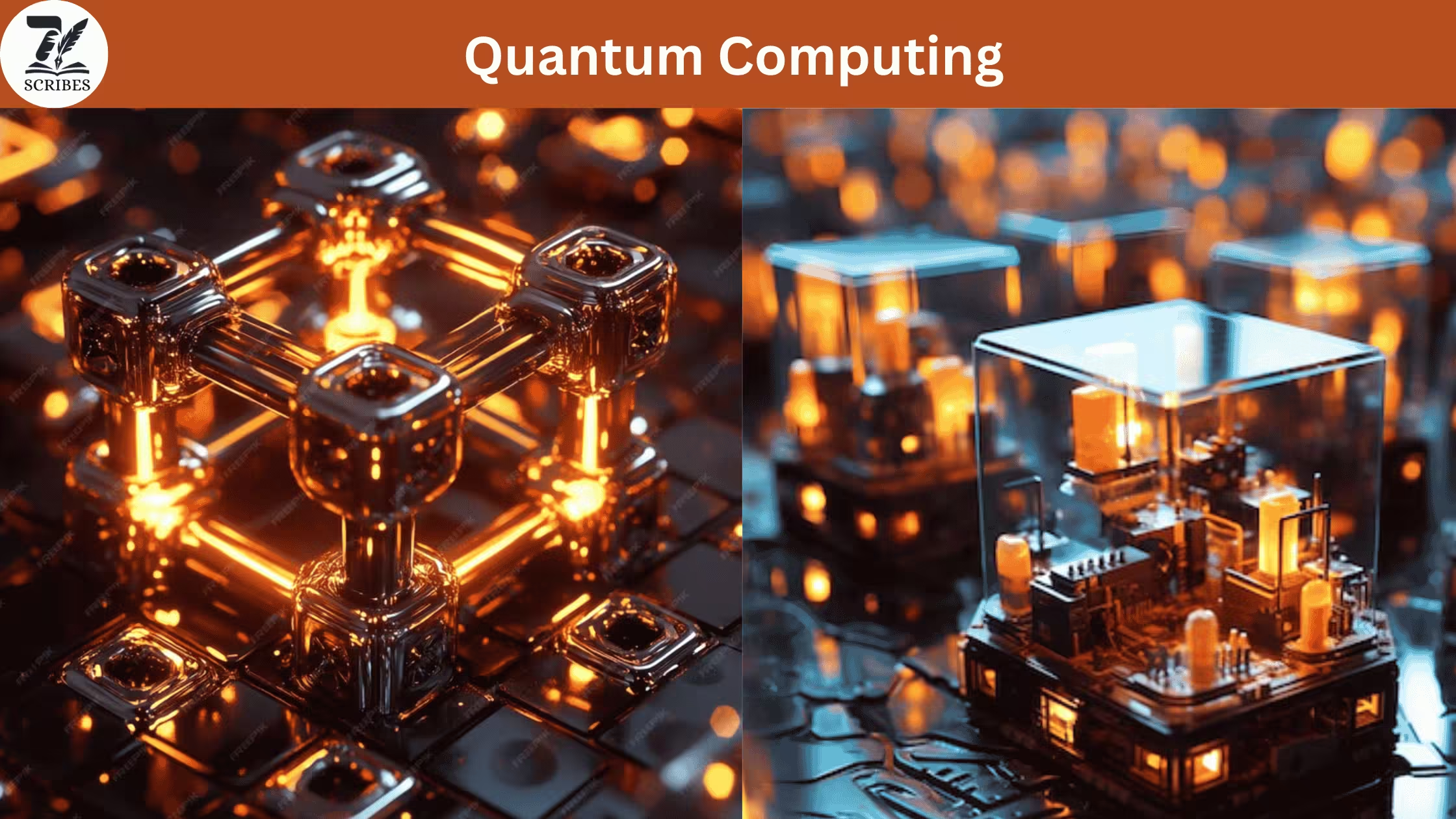
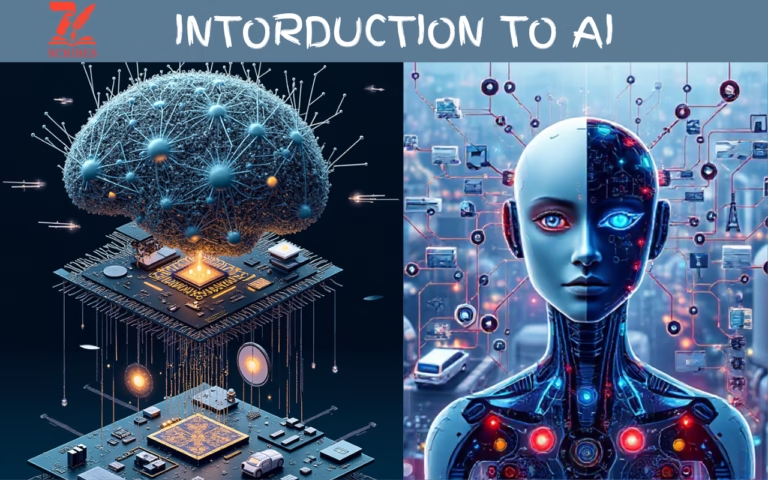
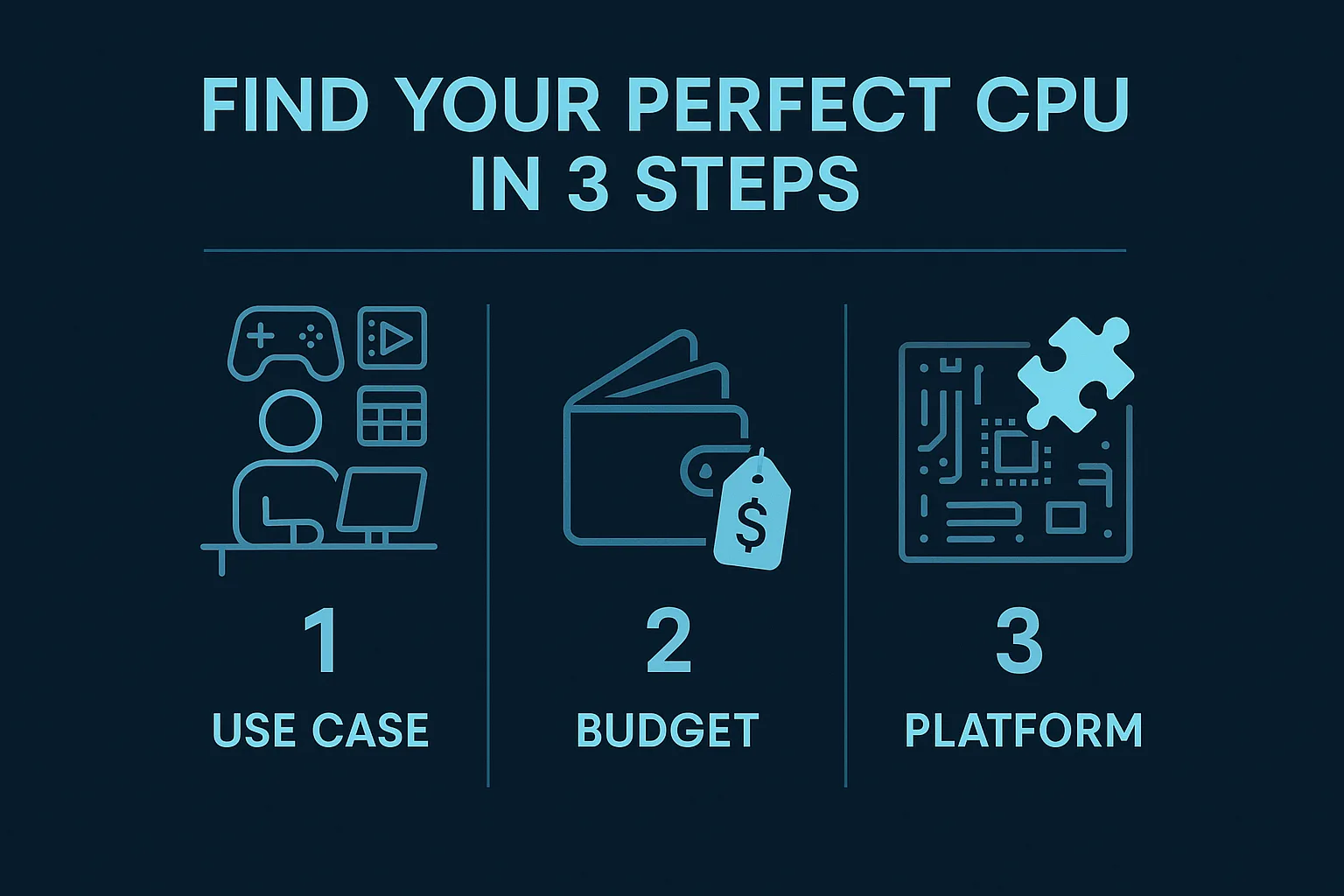
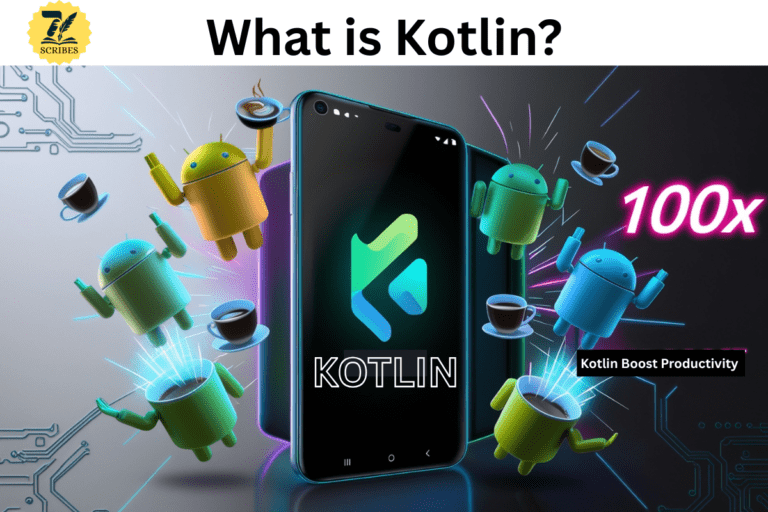
Leave a Comment
Your email address will not be published. Required fields are marked *
No Comments Yet
Be the first to share your thoughts!